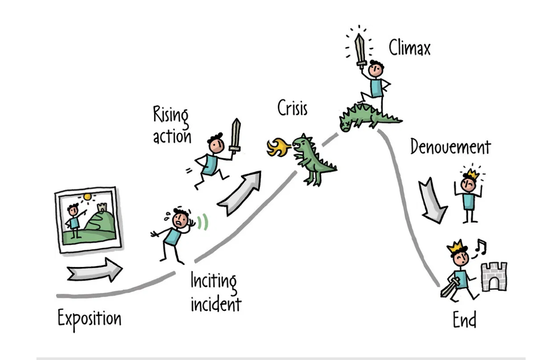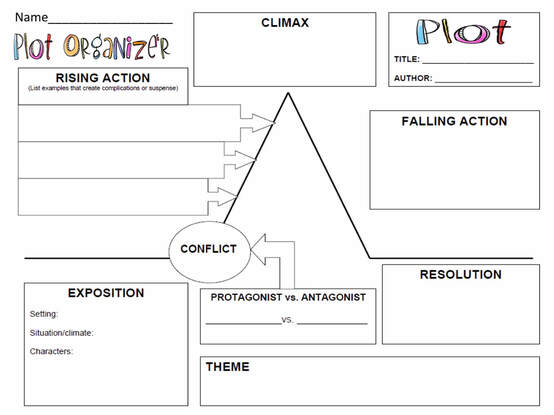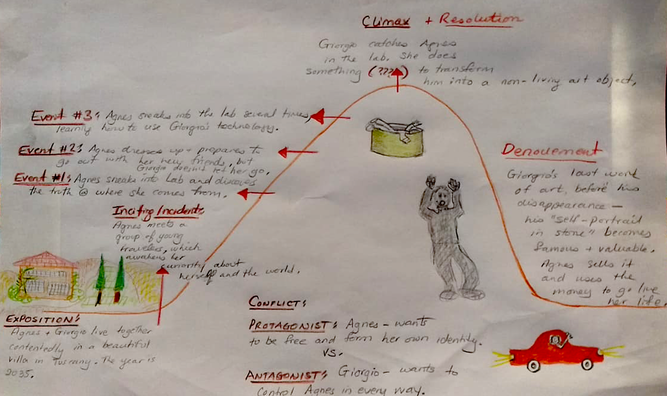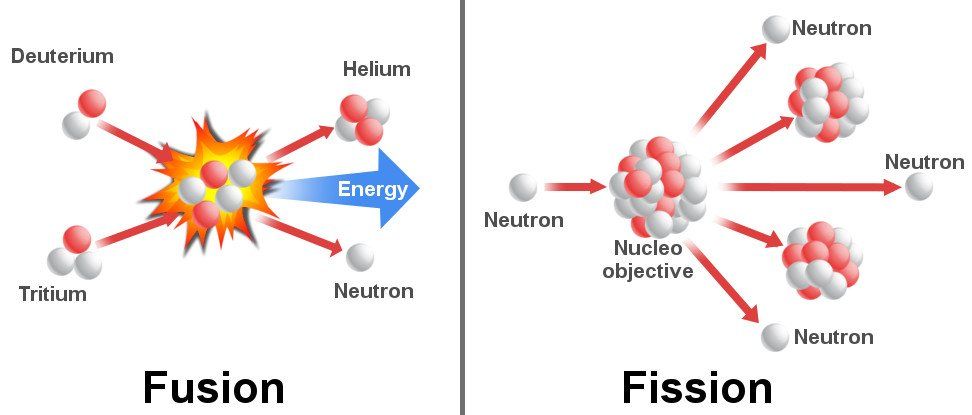Science Fiction Short Story Project
“What if _____ happened?”
“What if ______ were possible?”
“What if ______ were possible?”
Click here to edit.
Concept: What will your theme be?
Characters: Who (or what) will be your protagonist? Who (or what) will be the antagonist? Will there be secondary characters?
Setting: Where, and when, will the story take place?
Motivation: What will the protagonist want to achieve?
Inciting incident: What will cause the protagonist to leave their routines and status quo? What sets the action in motion?
Conflict: What obstacle(s) will the protagonist face? How will the tension grow as the story moves towards the climax?
Climax: What will be the turning point- The point of greatest suspense or action?
Resolution: How will the conflict be resolved? Will the protagonist be successful, or will the protagonist fail?
Denouement: What will the protagonist and/or the antagonist do after the conflict has been resolved?
Development: How will the protagonist change, develop, grow? What will she or he learn?
Characters: Who (or what) will be your protagonist? Who (or what) will be the antagonist? Will there be secondary characters?
Setting: Where, and when, will the story take place?
Motivation: What will the protagonist want to achieve?
Inciting incident: What will cause the protagonist to leave their routines and status quo? What sets the action in motion?
Conflict: What obstacle(s) will the protagonist face? How will the tension grow as the story moves towards the climax?
Climax: What will be the turning point- The point of greatest suspense or action?
Resolution: How will the conflict be resolved? Will the protagonist be successful, or will the protagonist fail?
Denouement: What will the protagonist and/or the antagonist do after the conflict has been resolved?
Development: How will the protagonist change, develop, grow? What will she or he learn?
Narrative Arc
Here's some information about how to quote dialogue in a story: |
...and here's some information about when to use dashes, commas and parentheses: |




